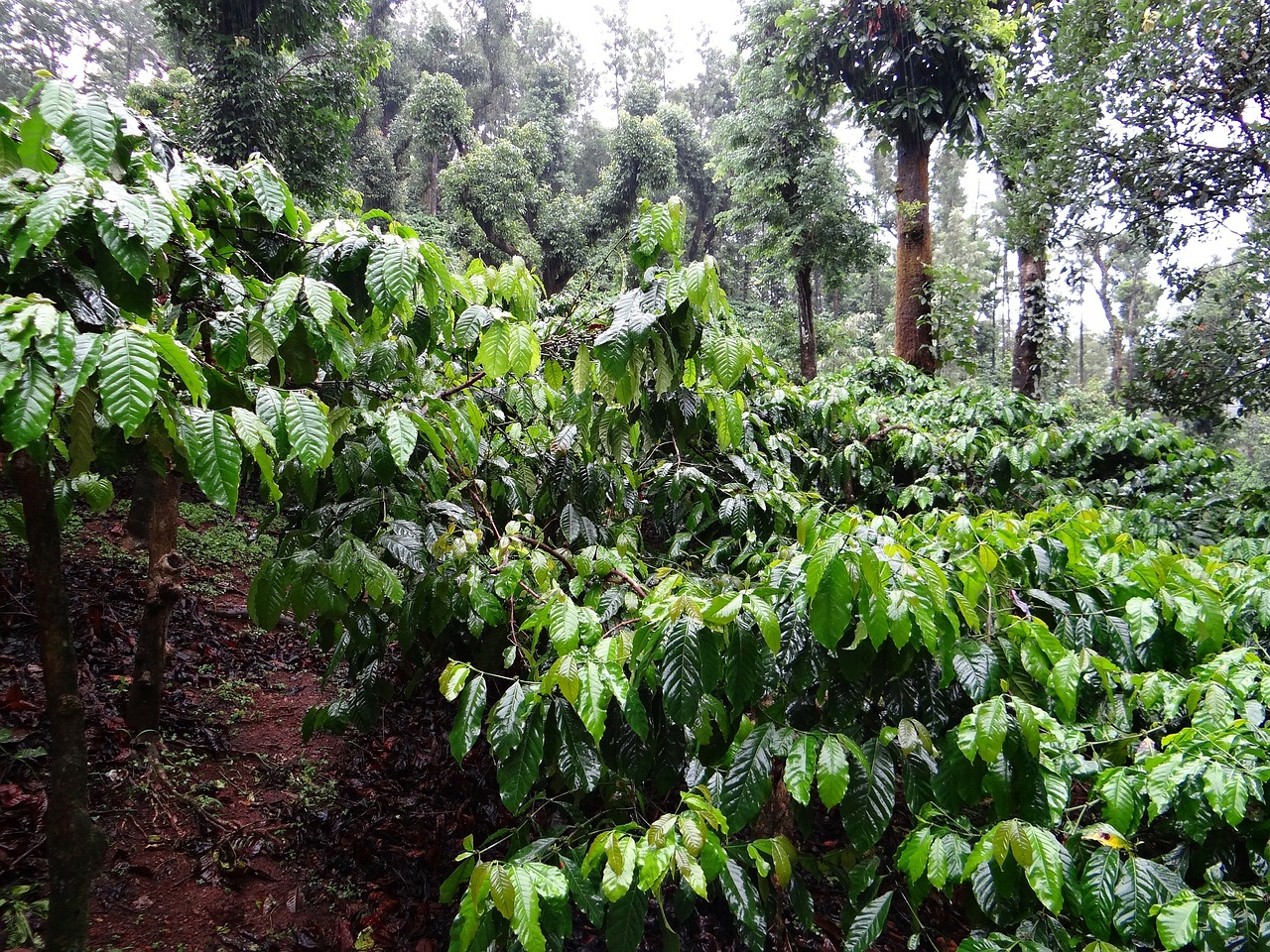Following a wave of anti-globalization steps made since United States President Donald Trump took office, officials from the U.S. State Department have confirmed the country’s withdrawal from the International Coffee Agreement.
The U.S. withdrawal — which took effect in June following an order signed by former U.S. Secretary of State Rex Tillerson just before he was fired in March — has led to major budget restraints for the agreement’s administrator, the International Coffee Organization.
The ICO is the only global intergovernmental organization with membership comprising both traditional producing/exporting coffee countries and consuming/importing countries. Its membership includes every major coffee-producing country.
While the agreement previously imposed regulations involving export quotas designed to stabilize the global coffee market, it has existed in the free-market era to collect and disseminate market data and analysis, inform policy decisions, and generally support a more stable and equitable global coffee sector.
“The Secretariat was obliged to downsize in the light of the new budget realities,” an ICO spokesperson told Daily Coffee News. “Nevertheless, we are seeking to minimize the impact on our output and the services rendered to members. This will be a year of transition, during which we will evaluate the impact of budget cuts on our work.”
The ICO said budget shortfalls due to the U.S. withdrawal have been compensated in part by higher contributions from other importing member countries, including those from the European Union, Japan, Russia, Switzerland and Tunisia. According to the agreement, the ICO continues to deliver sector-wide data policy information to its members, while also serving as a lead and a partner in numerous initiatives, such as International Coffee Day, designed to promote the coffee sector as a whole.
The U.S. withdrawals from the Paris climate accord and the Trans-Pacific Partnership, along with the dramatic reconfiguration of NAFTA, have all served as high-profile examples of anti-globalization efforts made during President Donald Trump’s administration. Yet the administration has not spoken out publicly regarding the ICO withdrawal, which came to the organization in a short letter from the State Department in March.
A State Department representative told Daily Coffee News that the decision to withdraw reflects input from “multiple U.S. agencies” and that it was “taken after careful consideration of the most effective use of U.S. taxpayer dollars and in consultation with industry stakeholders.”
Neither the ICO nor the State Department have disclosed the dollar amount associated with the U.S. membership, although the United States remains by far the world’s largest coffee importing country, importing approximately 19 percent of the world’s coffee production.
In early June, just before the U.S. withdrawal took effect, a delegation from the ICO — including International Coffee Council Chair Aly Touré, National Coffee Association President and CEO Bill Murray and Specialty Coffee Association Executive Director Ric Rhinehart — met U.S. trade and State Department representatives to underscore the importance of the U.S. in the agreement.
“The representatives of the USA responded that the decision to withdraw was final and that ‘an internal review had concluded that the resources and efforts of the US Government to support the international coffee sector would be most efficiently utilized outside the Organization,'” the ICO stated in its recent annual report.
A State Department representative told DCN that the U.S. will continue to participate in global coffee efforts through the Private Sector Consultative Board, which meets twice a year to advise the ICO, while it will also continue to partner with private companies, nonprofits, communities and other governments to “support smallholder coffee farmers overseas and domestic jobs here at home.”
However, the U.S. withdrawal means that the country will no longer have a direct voice within the ICO. “As an example, the last ICO Council meeting held in September 2018 in London, that focused on women and coffee and on the impact of low price on coffee farmers, the intense discussion did not look at the impact on US traders, roasters, retailers and consumers,” the ICO representative told DCN.
The U.S. was a founding member of the International Agreement in 1963, when low prices threatened the global sector and export quotas were introduced to stabilize prices. The U.S. left the ICA in 1989 as negotiations broke down among competing interests between importing and exporting countries. Since then, there have been no export quotas and the global coffee trade has been subject to free market forces. The U.S. rejoined as a full member of the ICO/ICA under the George W. Bush administration in 2005.
“We are hopeful that this will happen again and are working hard to provide the kinds of services to our members that will make the organization even more attractive to prospective members in the future,” the ICO spokesperson said.
Nick Brown
Nick Brown is the editor of Daily Coffee News by Roast Magazine.








Comment